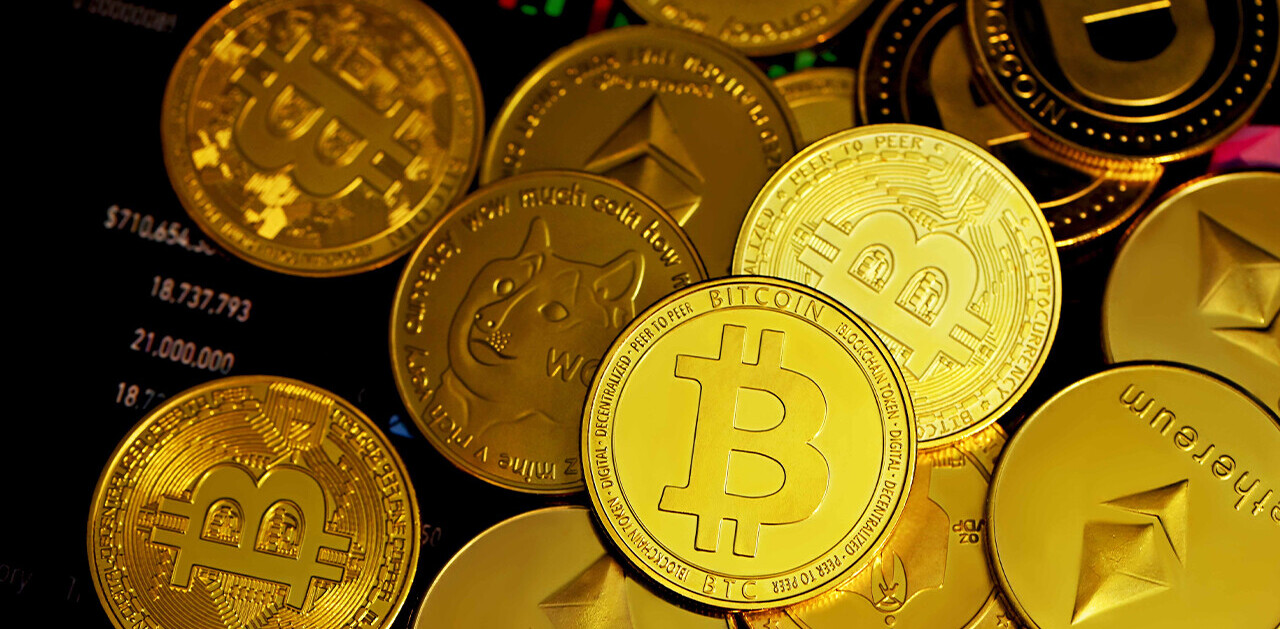
As Bitcoin continues to test new lows investors have more to worry about than an impending bottom. As the saying goes, “death and taxes” are the only certainties. For cryptocurrency investors, the latter will undoubtedly be responsible for more anxiety than the former this tax season.
“It’s going to be a nightmare for people who are worried about [paying taxes on cryptocurrency earnings],” said Andrew Schaefer, a federally licensed tax expert in Florida, in a comment to The Washington Post.
Aside from the sheer number of transactions some traders have on the books, the ambiguous classification of cryptocurrency means investors have to look all the way back to 2014 for anything resembling guidance from the IRS.
Under that rule, taxpayers must declare any profits from cryptocurrency sales as a capital asset, much like selling a home, a piece of land, or valuable artwork.
As a capital asset, sales are subject to capital gains taxes that range from nothing to 28 percent, depending on income level and the amount of time the asset was held. Investments held over a year are generally considered a long-term capital gain, and often free from capital gains for those in the 10 or 15 percent tax bracket. Those in higher tax brackets pay higher capital gains.
While the IRS ruling answered some questions, it created many more. Who’s responsible for tracking purchase and sale prices, for example. Or, how does one account for a Bitcoin fork where investors are given additional assets without purchase, like Bitcoin Cash?
Or, simpler still, what accounting methodology should be used to calculate gains?
And if you haven’t lost your mind yet, how about this: how do you account for debit transactions with a Bitcoin payment card? Remember, any bitcoin sale is considered a capital gain, if sold at a profit, or a capital loss, if sold at a value lower than it was purchased. Hypothetically, that cup of coffee could be taxed at a 28 percent premium due to the sale of assets required to purchase it with bitcoin.
Enjoy your pumpkin spice latte.
Get the TNW newsletter
Get the most important tech news in your inbox each week.




